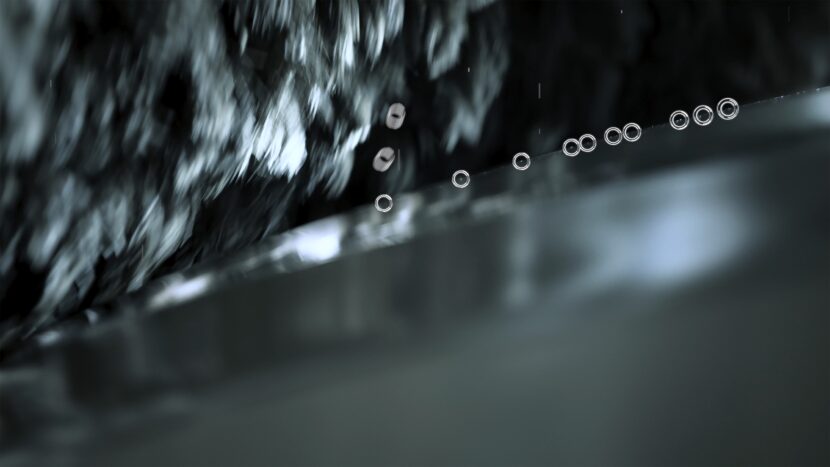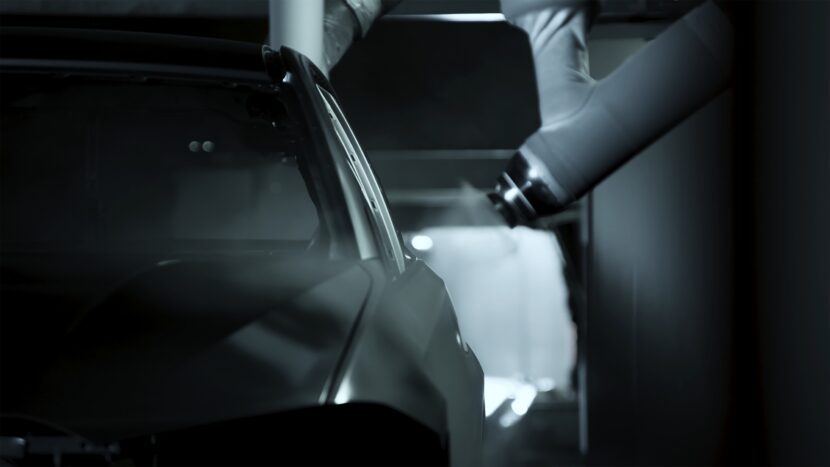BMW announced today the start of a new pilot aimed at using Artificial Intelligence (AI) in the painting process. This way, BMW hopes to deliver the best possible paint quality, without any imperfections or dust particles in the mix. The first plant to get this new AI-powered process is the one in Munich and, if the results are satisfactory, all other plants worldwide will get the new technology consequently.
According to BMW, every new car will be inspected in the paint shop before the actual process can kick off. Data gathered in these inspections will be used to develop a comprehensive database for dust particle analysis. The specialists are now applying AI algorithms to compare live data from dust particle sensors in the paint booths and dryers with this database.
“Data-based solutions help us secure and further extend our stringent quality requirements to the benefit of our customers. Smart data analytics and AI serve as key decision-making aids for our team when it comes to developing process improvements. We have filed for several patents relating to this innovative dust particle analysis technology,” explains Albin Dirndorfer, Senior Vice President Painted Body, Finish and Surface at the BMW Group.
To be more specific, the data gathered by the AI can determine if the conditions are not optimal for the painting process. For example, during prolonged dry periods, the algorithm can detect whether the number of dust particles has increased and filters can be replaced in time, making sure that no car’s paint is damaged or not up to par.
Additional patterns can be detected where this algorithm is used alongside other analytical tools. For example, analysis could further show that the facility that uses ostrich feathers to remove dust particles from car bodies needs to be fine-tuned.
Based on information from numerous sensors and data from surface inspections, the algorithm monitors over 160 features relating to the car body and is able to predict the quality of paint application very accurately. This AI solution will be suitable for application in series production when an even broader database for the algorithm has been developed.
In particular, this requires additional measuring points and even more precise sensor data for the car body cleaning stations. BMW’s AI experts are very confident that once the pilot is project reaches maturity, this tech could be implemented in other plants around the world as well.

